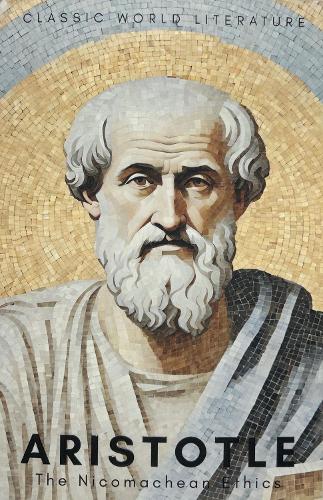The Nicomachean Ethics is a profound exploration of virtue and happiness, offering timeless insights into human behavior and moral philosophy. It challenges readers to reflect on their own actions and the pursuit of eudaimonia.
The Nicomachean Ethics delves deeply into the nature of virtue and the pursuit of happiness, or eudaimonia. Aristotle's work is both intellectually stimulating and practically applicable, providing a framework for understanding moral behavior and personal growth. The book's exploration of concepts like courage, temperance, and justice is particularly enlightening, offering readers a way to evaluate their own lives and decisions. While some may find the language and structure challenging, the insights gained are well worth the effort. Overall, it's a book that encourages self-reflection and a deeper understanding of what it means to live a good life.
Quick quotes
Aristotle's work is a profound exploration of virtue and happiness.
The book's insights into human behavior and moral philosophy are timeless.
It challenges readers to reflect on their own actions and the pursuit of eudaimonia.
